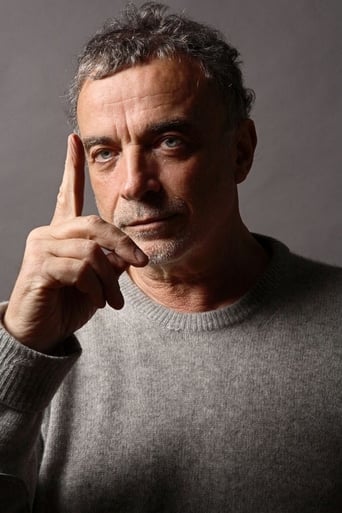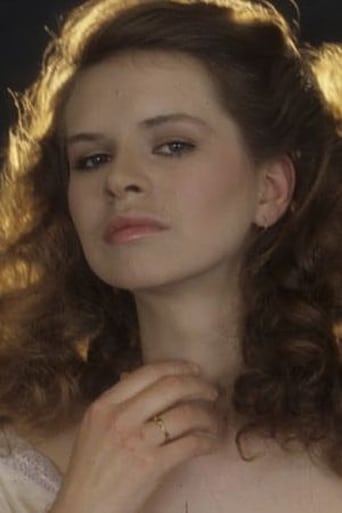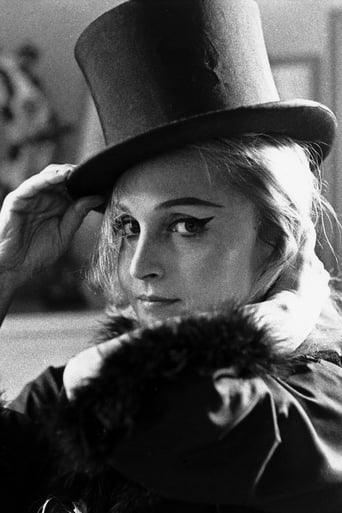Perry Kate
Very very predictable, including the post credit scene !!!
Stevecorp
Don't listen to the negative reviews
Holstra
Boring, long, and too preachy.
Voxitype
Good films always raise compelling questions, whether the format is fiction or documentary fact.
pete murphy
This is filmed beautifully by Miklos Jansko ,who is always politically astute, as well as poetically pleasing. The film depicts an anarchistic 'revolution of everyday life' which contrasts with Marxist Lenisist militarist seizure of power. His poetic portrait is similari to much of Pier Pailo Pasolini's work but is less pessimistic.Like Derek Jarman's 'Jubilee ' 1977 , it shows anarchistic youth rebellion against prevailing power structures.Pasolini's 'Salo ' 1975 shows even more depressingly power reproducing itself due to a lack of an alternative ideology.Whilst fascists secretly admire their masters; anarchists recognize none. Other reviewers explain the historical political context better than I would have.I saw this film at Essex University in 1977 and have never had the chance to see it since.Where could I see this again?
geoffreyperrin-244-410909
Lots of information here in other reviews about the films historical context and ambitions, and also the directors other work and background. For me this film is from a time when film makers were not tied to mast of narrative, long lingering shots abound, with beautiful graceful composition , and the camera holding on little moments of reverie. The nudity is irreverent and celebratory , again capturing candid moments, and as one reviewer stated an almost dream like atmosphere is achieved. Also the use of diagetic and non-diagetic sound is playfully used and intertwined, with musicians playing the soundtrack itself on screen. A wonderful example of European cinema from a lost time.
Rod Evan
This is an excellent film, with an unfortunate and misguided bad reputation. Partly because Jancso antagonised the critics by including explicit (for its time) sex when they had been used to more "political" content. Jancso used the sexuality in his film to point out that we live in a repressive society and showed that the characters in his film were willing, up until the point of death, to live out their free attitudes towards sexuality. This was and still is a subversive issue as sexuality still seems to need some dismal excuse for inclusion in non-pornographic films. In this film Jancso was bold enough to present eroticism within a deliberately anarchic context. Contrary to other readers comments this film is neither boring nor rubbish. The fact also that it has homosexual imagery disturbs a lot of narrow minded viewers, but there again Jancso showed these images to represent a multi-sexual utopia. This utopia of course in the film had to be destroyed. You can't get more political than that.
LongChuen
I can't forget such an graceful and sad movie. It's as beautiful as moving folk dancing songs. Real masterpiece! Slow path, poetic, erotic and hard to understand completely unless we are well-known about history of that event and already get used to art flims. You won't really satisfied and might feel bored if you are finding a sexual porn film. It should not be shown on Playboy channel. What a shame! I feel sorry for that great Central European director.





